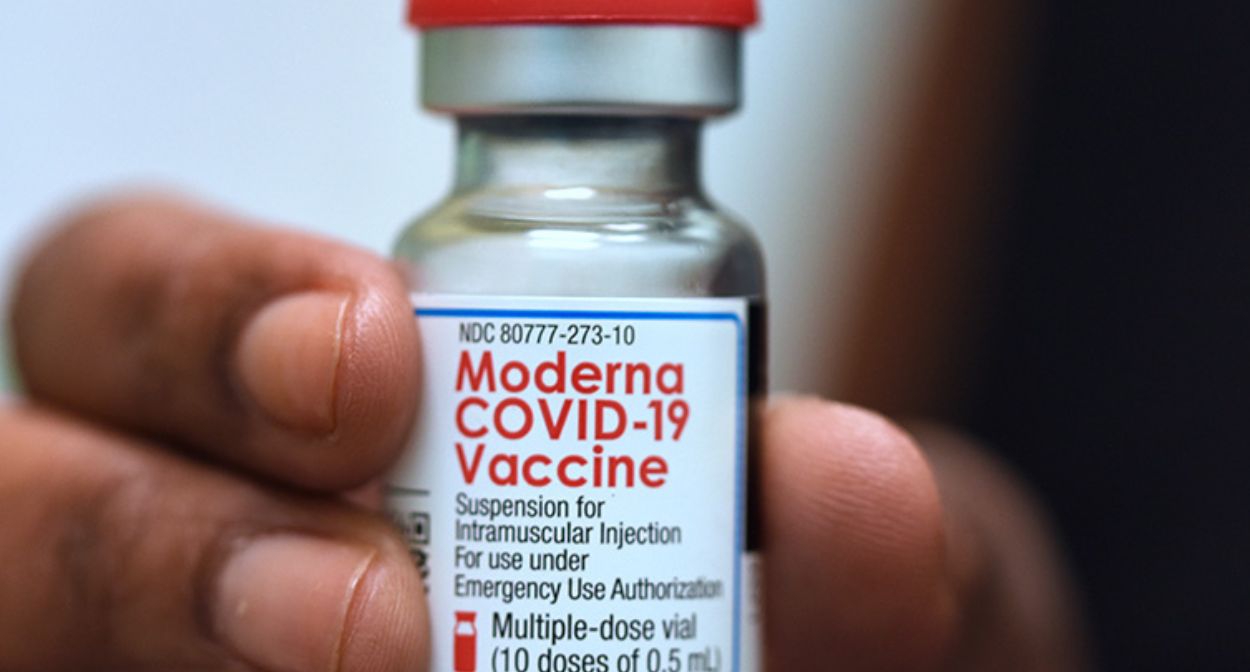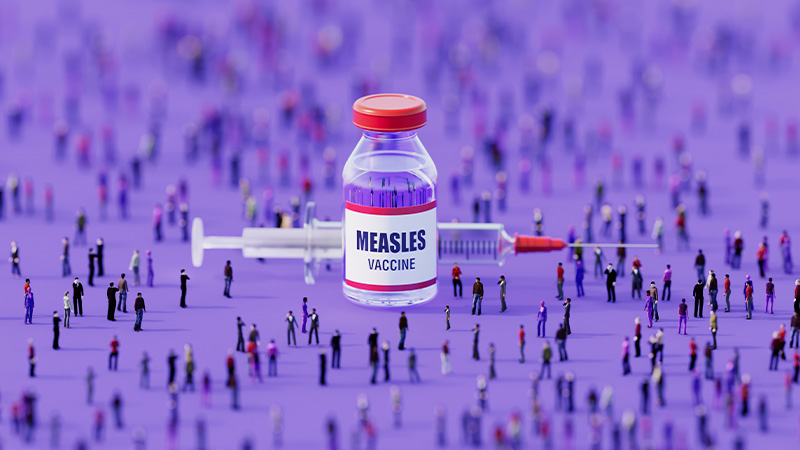A recent medical study documented how workers at the Cleveland Clinic who received the Covid vaccination garnered a low level of protection against the virus, yet attained a high level of Covid illness.
“The 2023-2024 formula COVID-19 vaccine given to working-aged adults afforded a low level of protection against the JN.1 lineage of SARS-CoV-2, but a higher number of prior vaccine doses was associated with a higher risk of COVID-19,” the study said in the ‘Conclusion’ section.
The paper also discussed how vaccine immunity is weaker than natural immunity and how vaccines can lead to a higher risk of infection in the future.
“Consistent with similar findings in many prior studies [3,8,10,12,18–20], a higher number of prior vaccine doses was associated with a higher risk of COVID-19. The exact reason for this finding is not clear. It is possible that this may be related to the fact that vaccine-induced immunity is weaker and less durable than natural immunity,” the study said in the ‘Discussion’ section. “So, although somewhat protective in the short term, vaccination may increase risk of future infection because the act of vaccination prevents the occurrence of a more immunogenic event. Thus, the short-term protection provided by a COVID-19 vaccine comes with a risk of increased susceptibility to COVID-19 in the future.”
The study claimed that the early Covid vaccination had a high rate of effectiveness against infection, yet failed to mention that many who died in the hospitals were wrongfully marked as a Covid death in order to inflate the Covid death numbers, and most had co-morbidities.
Interestingly, the study also discussed how natural immunity took hold and prevented infection, and so because of that a new Covid vaccine was developed in order to maintain the usefulness of vaccination over natural immunity.
“Although the original messenger RNA (mRNA) Coronavirus Disease 2019 (COVID-19) vaccines were highly effective early in the pandemic [1,2], their effectiveness decreased as the causative agent of COVID-19, the Severe Acute Respiratory Syndrome Coronavirus 2 (SARS-CoV- 2) virus, evolved over time and new variants emerged. Concurrently, the human population developed an increasing level of herd immunity, resulting in a decrease in the number of people who got infected and a substantial decline in the occurrence of severe illness among those who got infected. Newer vaccines were developed in an attempt to overcome diminishing vaccine effectiveness,” the study said in the ‘Introduction’ section.
The study also laid out how once a vaccine for a specific Covid lineage was developed and rolled out, the virus had already mutated into a new variant.
“Moderna TX Inc. and Pfizer-BioNTech Inc. updated their mRNA COVID-19 vaccines (the updated ones designated as the 2023-2024 formulation) to more closely target circulating variants. Both of these vaccines encoded the spike protein of SARS-CoV-2 Omicron variant lineage XBB.1.5 (Omicron XBB.1.5) [4]. These updated vaccines were approved for emergency use by the FDA on 11 September 2023 [5], and the next day the CDC recommended them for everyone 6 months and older [6]. However, by the time these vaccines became available to the public the XBB lineages were already no longer the dominant circulating strains in many parts of the USA, having been supplanted by the HV.1, EG.5, and other lineages [7],” the study said in the ‘Introduction’ section.
Other studies showed that Covid vaccination protection is short-lived and moderate in strength.
The Covid shots are known to increase in lethality after repeated dose, cause miscarriages as well as cause deadly headaches, seizures and heart inflammation.
The CDC recommends all Americans receive their Covid shot, and that young children get extra.





